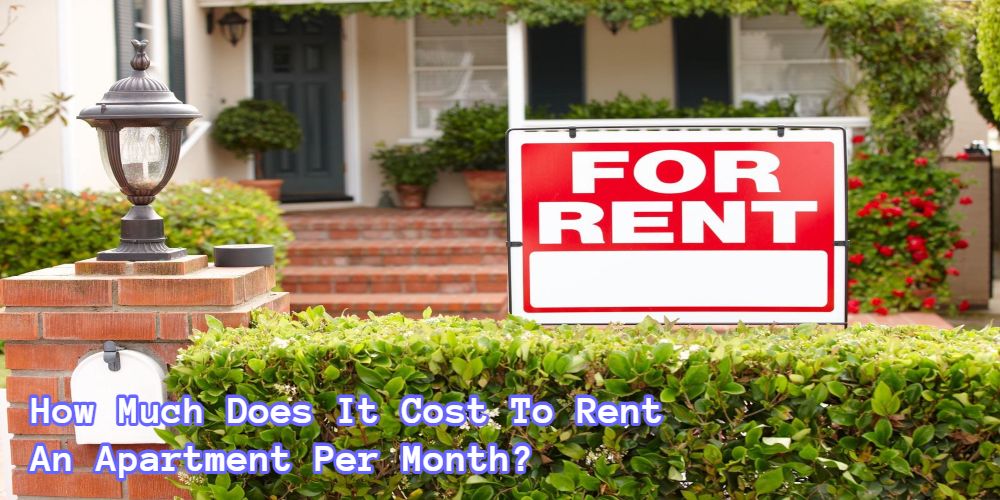Last Updated on March 18, 2024 by Kelvin Nielsen
If you’re renting a property in Florida, it’s important to understand the state’s rental laws, especially when it comes to month-to-month tenancy. Month-to-month tenancy is a type of rental agreement that allows tenants to rent a property on a month-to-month basis, rather than committing to a long-term lease.
This type of agreement can be beneficial for both landlords and tenants, but it’s important to understand the legal requirements and limitations of month-to-month tenancy in Florida.

Under Florida law, tenants who rent on a month-to-month basis are entitled to certain rights and protections. For example, landlords must provide tenants with a written notice of at least 15 days before the end of the rental period if they wish to terminate the tenancy.
Additionally, landlords cannot increase the rent or change the terms of the rental agreement without providing the tenant with at least 15 days’ notice. Understanding these laws can help protect your rights as a tenant and ensure that you’re not taken advantage of by your landlord.
Key Takeaways
- Month-to-month tenancy is a type of rental agreement that allows tenants to rent a property on a month-to-month basis.
- Tenants who rent on a month-to-month basis in Florida are entitled to certain rights and protections under the law.
- Landlords must provide tenants with a written notice of at least 15 days before the end of the rental period if they wish to terminate the tenancy, and cannot increase the rent or change the terms of the rental agreement without providing the tenant with at least 15 days’ notice.
Related Posts:
- What Are My Legal Rights as a Tenant in Florida?
- Landlord Harassment in Florida: What You Need to Know
- Free Legal Advice for Tenants in Florida
- What a Landlord Cannot Do in Florida
- Renters’ Rights in Florida for Repairs: Know Your Legal Protections
Understanding Month-to-Month Tenancy in Florida
If you are looking for a rental agreement with more flexibility than a long-term lease, a month-to-month tenancy may be the right choice for you. In Florida, month-to-month rental agreements are governed by specific statutes and regulations that both tenants and landlords must follow.
Basics of Month-to-Month Rental Agreements
A month-to-month rental agreement is a type of tenancy that does not have a specific end date. Instead, the agreement continues on a month-to-month basis until either the tenant or landlord provides notice to terminate the agreement.
This type of agreement can be beneficial for tenants who need flexibility in their living arrangements or landlords who want to maintain control over their property.
Under Florida statutes, a month-to-month rental agreement can be either written or verbal. However, it is strongly recommended that both parties have a written lease to avoid any misunderstandings or disputes. The lease terms should outline the rent amount, due date, and any other important details such as maintenance responsibilities.
Termination of Month-to-Month Tenancy
Either the tenant or landlord can terminate a month-to-month rental agreement by providing written notice. In Florida, the notice period is 15 days for both parties, unless otherwise specified in the lease agreement.
It is important to note that if the tenant fails to pay rent or violates any terms of the lease, the landlord can terminate the agreement immediately.
If the tenant does not vacate the property after the notice period has ended, the landlord must file a formal eviction lawsuit to remove the tenant from the property. It is important for both parties to follow the proper legal procedures to avoid any legal consequences.
Tenant and Landlord Responsibilities
Both tenants and landlords have specific responsibilities when it comes to a month-to-month rental agreement. Tenants are responsible for paying rent on time, keeping the property clean and in good condition, and notifying the landlord of any necessary repairs.
Landlords are responsible for maintaining the property in a safe and habitable condition, providing necessary repairs, and following all applicable laws and regulations.
It is important for both parties to communicate clearly and regularly to ensure that the rental agreement runs smoothly. If either party has any concerns or issues, they should address them promptly to avoid any further complications.
Related Posts:
Frequently Asked Questions
When it comes to renting a property on a month-to-month basis in Florida, it’s natural to have questions. Here are some of the most frequently asked questions about Florida rental laws month to month:
Can a landlord increase the rent on a month-to-month lease?
Yes, a landlord can increase the rent on a month-to-month lease. However, they must give the tenant at least 15 days’ notice before the increase takes effect. It’s important to note that the landlord cannot increase the rent in a discriminatory manner.
Can a tenant terminate a month-to-month lease at any time?
Yes, a tenant can terminate a month-to-month lease at any time by giving the landlord at least 15 days’ notice before the end of the rental period. However, the tenant may be responsible for paying rent for the full rental period if they do not give proper notice.
Can a landlord terminate a month-to-month lease at any time?
Yes, a landlord can terminate a month-to-month lease at any time by giving the tenant at least 15 days’ notice before the end of the rental period. However, the landlord may only terminate the lease for certain reasons such as non-payment of rent or violation of the lease agreement.
What happens if a tenant stays past the end of the rental period on a month-to-month lease?
If a tenant stays past the end of the rental period on a month-to-month lease, they are considered a holdover tenant. The landlord can choose to either evict the tenant or accept rent for the new rental period and continue the lease on a month-to-month basis.
Can a landlord enter a rental property without the tenant’s permission on a month-to-month lease?
No, a landlord cannot enter a rental property without the tenant’s permission on a month-to-month lease. The landlord must give the tenant at least 12 hours’ notice before entering the property for non-emergency reasons. However, in the case of an emergency, the landlord can enter the property without notice.
Disclosure: The content herein isn’t a substitute for advice from a professional attorney. It’s only meant to serve educational purposes. If you have a specific question, kindly seek expert attorney services.
Sources: Florida Landlord Tenant Rights, Florida Renters Rights Guide,

Amanda Rose is a seasoned landlord with 13+ years of expertise in overseeing diverse properties. Her adept management spans single and family homes, along with multi-family apartments and condos, across Wyoming and South Dakota. Her commitment and proficiency have cemented her status as a thriving property management professional.
She is a member of the following organizations: Wyoming Landlord’s Association, National Association of Residential Property Managers (NARPM), Wyoming Apartment Association, South Dakota Multi-Housing Association (SDMHA), and South Dakota Landlord Association (SDLA).







